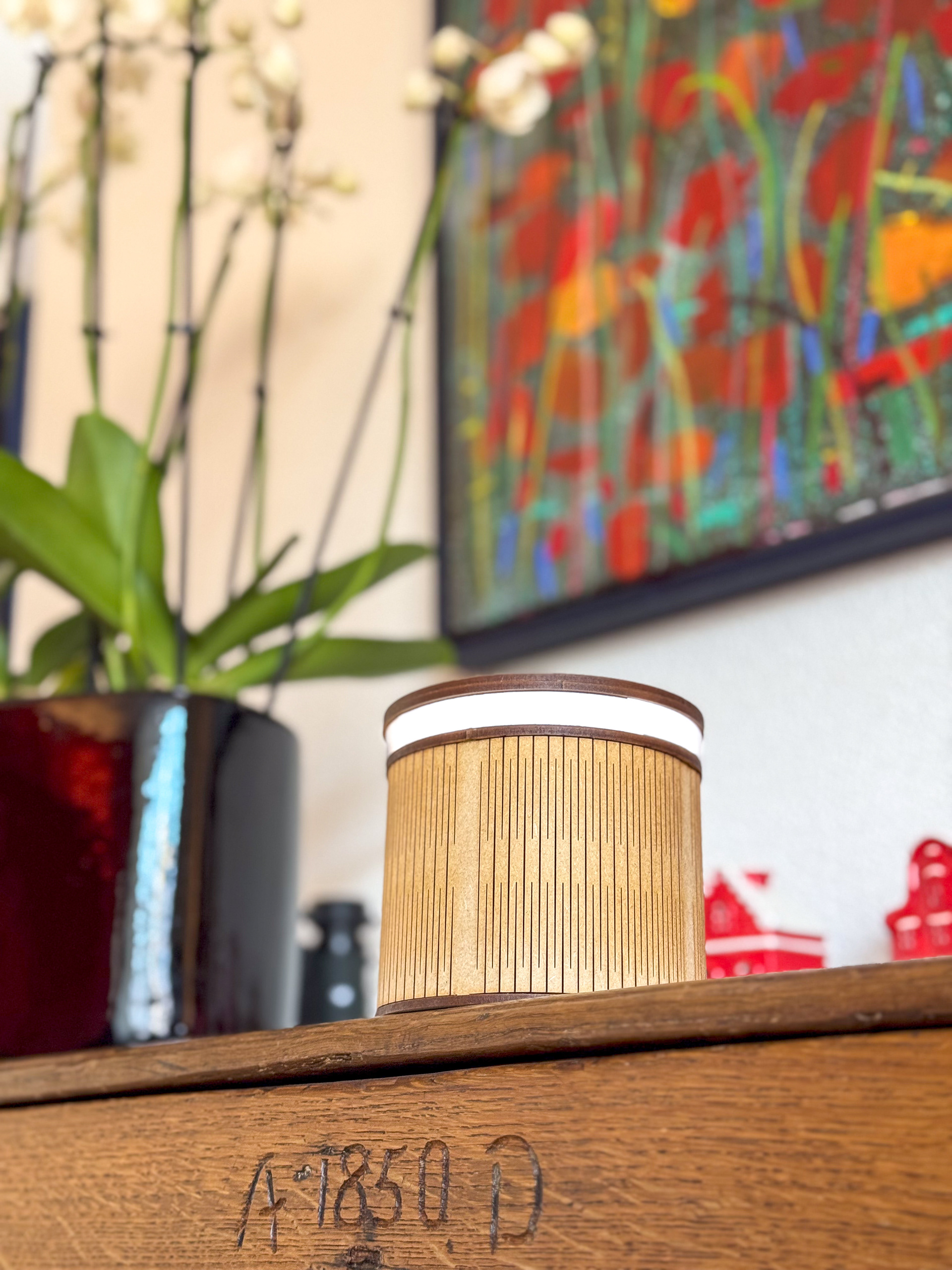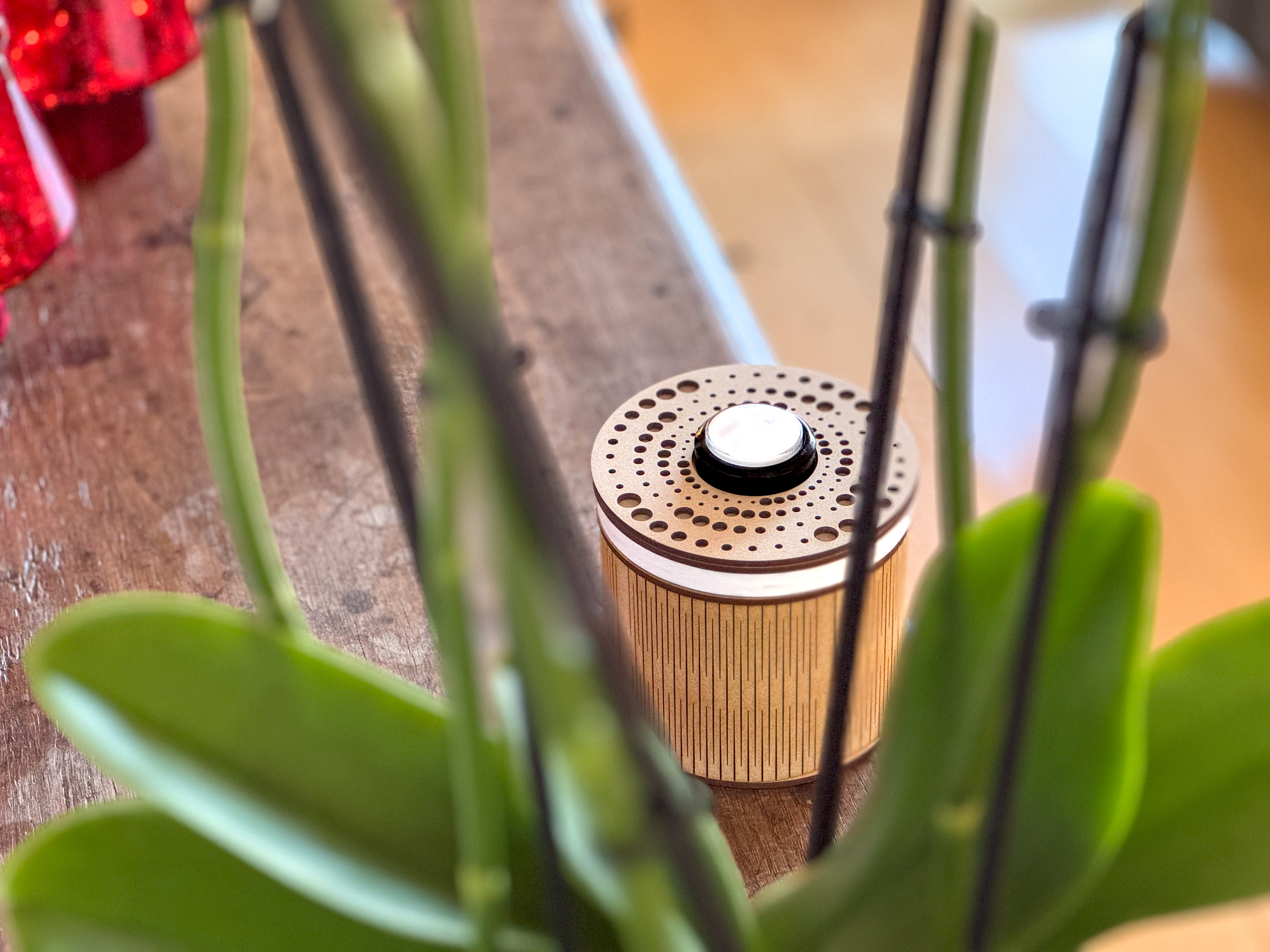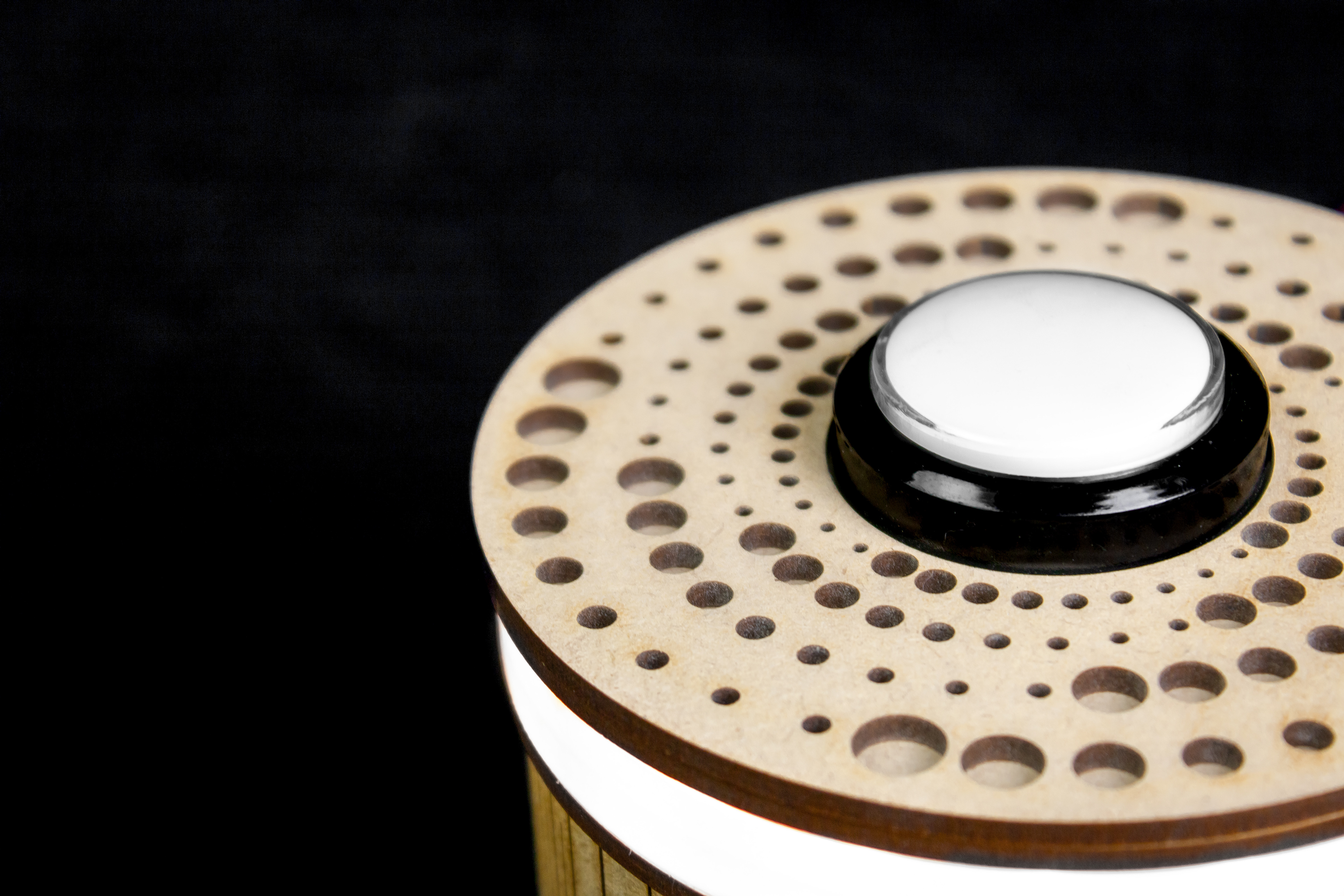PROJECT NAME
Final Master Project: Even Flow
CLIENT
Eindhoven University of Technology, Expertise Centre Dementia & Technology
TIME
September 2024 - January 2025
DESIGN BRIEF
How should we design a CUI for fact-checking to support the relationship of couples dealing with reality disjunction?
ACTIVITIES
Interviews, Co-creation Sessions, Prototyping, User Testing & Evaluation, Scenario Discussion
CONTEXT
The research focuses on designing a Conversational User Interface (CUI) as a fact-checker to support couples dealing with Reality Disjunction (RD) where one partner has dementia. RD occurs when two people hold conflicting views of past events, often stimulated by symptoms of dementia, leading to challenges keeping both partners in a shared reality. The research builds on previous research that identified CUIs as a potential tool for managing RD (link) and explores how the fact-checker could assist couples in discussing events more easily at home. It researched how couples currently handle RD, the potential role of the fact-checker within the context, its appearance and the user interaction. It is hoped that, in the end, the fact-checker strengthens their relationship by providing objective information while respecting privacy and ethical considerations.
DESIGN PROCESS
The design process of this research follows a human-centered design approach to develop a fact-checking Conversational User Interface (CUI) for couples dealing with Reality Disjunction (RD). It consists of three iterative phases: Function, Appearance, and Interaction. The Function phase explores how couples experience RD and determines appropriate roles for the fact-checker to fit in the context through interviews and scenario discussions. The Appearance phase investigates the physical design preferences through co-creation sessions, leading to design guidelines for the fact checkers appearance. The Interaction phase focuses on developing and evaluating the physical prototype of the factchecker, evaluating the ease of use, the interaction style and the potential of deploying the fact-checker in context.
Given the challenges of working with elderly people and people with dementia, the research emphasized the ethical considerations and the participants well-being. This approach ensured collaboration with the participants throughout the full study. The iterative involvement of participants was crucial in shaping the study's design, as their lived experiences and feedback directly influenced decision-making at each phase. Each phase incorporated user feedback, highlighting the balance between technology, usability, and ethical considerations. This relational approach not only fostered a deeper understanding of their needs but also stimulated the final design to be both usable and meaningful in their daily lives.
OUTCOME
The research found that fact-checkers can potentially help couples deal with reality disjunction. Here, it should have a passive role during the conversation while providing objective information about repeated conversation topics when asked. It also should blend into the home environment with a neutral design while clearly communicating its intentions. The last evaluation with the couples and the fact-checker demonstrates the capability of generative conversation to offer a more humanized way of inserting and recalling memories with the fact-checker. Yet, the fact-checker still needs improvement before being deployed within a real-life context. Considering all the challenges that have emerged and the unsolved research questions, further research is needed to understand better the impact and relevance that the fact-checker could have within the context by in-context evaluation.













